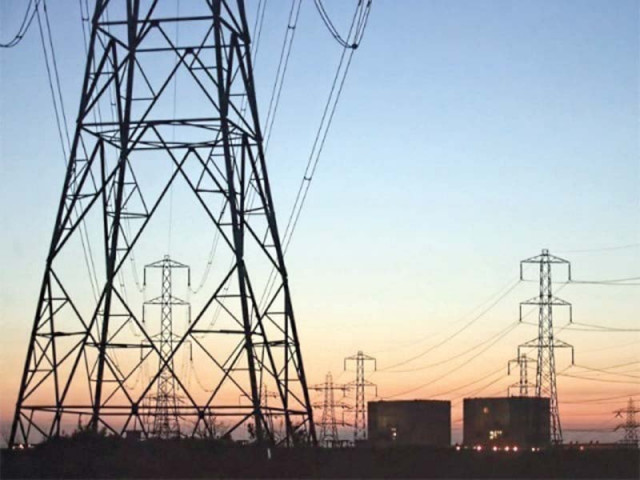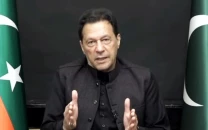DISCOs a hurdle to development: CCP
.

The Competition Commission of Pakistan (CCP) has declared that government owned power companies are a hurdle to the development of the power sector in the country.
In a report on the monopoly of government companies, the CCP has recommended opening the market for private companies and implementing the Competitive Trading Bilateral Contract Market (CTBCM).
The CTBCM model is a framework for electricity market operations, particularly designed for competitive and transparent trading in power markets.
This model allows for direct contracts between electricity buyers and sellerslike power producers and consumers or distribution companies, reducing reliance on a centralized authority for electricity purchases.
The CCP also recommended ending the role of the Central Power Purchasing Agency-Guarantee (CPPA-G).
The CPPA-G is the market operator in Pakistan that facilitates power market transition from the current single buyer to a competitive market.
It said the power regulatorthe National Electric Power Regulatory Authority (NEPRA)had approved the implementation of the CTBCM model in 2020 but it has not yet been implemented.
The CCP recommended separating production, transmission, and distribution sectors and upgrading the outdated power transmission infrastructure urgently.
It said state-owned distribution companies are incurring line losses between 9% and 35%, noting that the only solution to reduce line losses is the privatization of distribution companies.
It said efficient distribution companies at present compensate for the losses of low-performing distribution companies. It proposed that consumers using one or more megawatts should be able to directly contract with power generation plants for electricity.
To reduce the burden of capacity payments, outdated power plants should be immediately shut down. The 2015 transmission line policy should be enforced. Private sector involvement should be encouraged in transmission infrastructure, it added.



















COMMENTS
Comments are moderated and generally will be posted if they are on-topic and not abusive.
For more information, please see our Comments FAQ